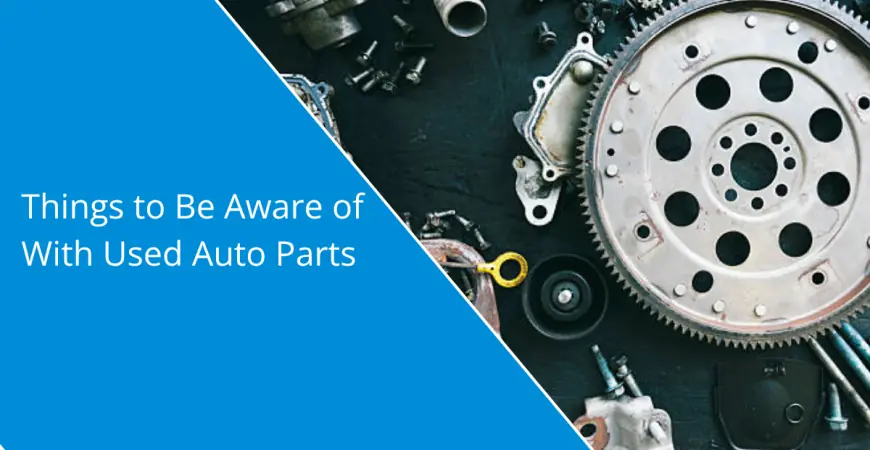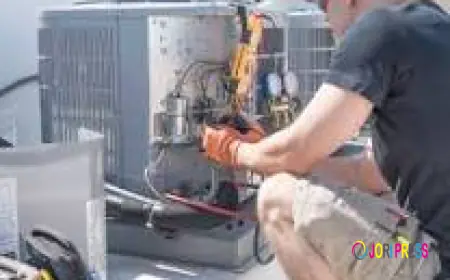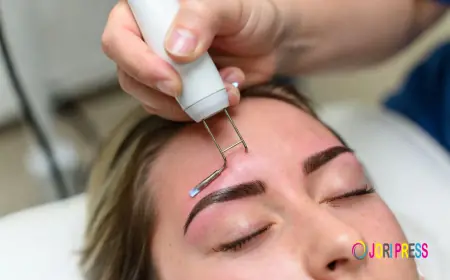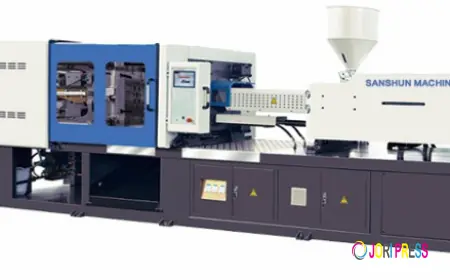Things to Be Aware of With Used Auto Parts
Know what to look for when buying used auto parts. Learn how to avoid common mistakes and make smart, cost-effective decisions for your vehicle.

When it comes to fixing your vehicle, choosing the used auto parts is the most cost-effective solution. But all the used parts aren’t created equal. There are many important things every car owner needs to be aware of, whether you are buying from a local junkyard, online parts seller or salvage yard. Here in this guide, we will discuss the important fact that you need to consider while purchasing used auto parts for any vehicle.
1. Know Exactly What You Need
Before start browsing, you need to make sure which parts numbers you are looking for. Vehicle make, model, engine type and trim can affect the compatibility. No need to guess when you can cross-reference the OEM number. The wrong part won’t be just waste of money; it will cause further damage to your vehicle.
2. Check the Seller’s Reputation
Buying from reputable seller is as important as buying the right part. If you are buying from junkyard then make sure it is licensed operation and if buying online then look for reviews and ratings on Google and BBB. Reputable sellers offers warranty and return policies on used auto parts which shows confidence of the seller on their products and gives you peace of mind.
3. Inspect the Part for Damage or Wear
It is an important step, you shouldn’t skip it. Make a quick visual thorough inspection of the used auto parts. If you are buying locally try to inspect in-person, otherwise ask for clear photos and videos. If the part has electronics, ask whether it’s been tested. Pictures online can be misleading, ask for recent and clear images taken from multiple angles if you're buying remotely.
4. Mileage and Usage History Matter
Would you buy a used engine with 200,000 miles on it, probably not, unless you are desperate? Before finalizing, ask about the verified vehicle history. It is very important for the components like transmission, engine and alternators. Lower mileage generally means longer remaining lifespan. Many salvage yards can provide this info, especially if the donor vehicle was in their system.
5. Avoid Critical Safety Components
Buying used auto parts that are important for safety is not a good idea such as, airbags, seat belts, sensors etc. These components must work on their full capacity all the time. If they fail, it can be dangerous. For such safety-critical parts, you must stick to new or refurbished components from the trustworthy manufacturers.
6. Understand the Return and Warranty Policy
Don’t move further without checking the return and warranty terms, no matter how good the deals seems. 30 day warranty is standard warranty period on used auto parts. Even if the part fits, there are chances that it won’t work properly. Without a return option, you’re stuck. Reputable businesses are transparent about these policies, if a seller hesitates to provide details, it’s a red flag.
7. Ask About Compatibility and VIN Matching
Some sellers offer VIN matching services. If you will provide your VIN then they can confirm whether the part is an exact fit or not. It is very useful for parts like ECU modules, wiring harnesses or any electronic component which varies from one trim level to another. So, never assume anything; confirm the fitment before buying.
8. Shipping Costs and Delivery Time
Shipping cost is high for large used auto parts such as, engine, transmission and axles. Always ask about the shipping cost before you finalize the deal. Many of the sellers offer free local delivery and pick-up options which can save your hundreds of dollars. Also, make sure that the part is securely packed as fragile components gets easily damage during transportation.
9. Look for Certified Recycled or Tested Labels
Many of the recycler’s works under ARA which is certified association. These certification indicates that the part has been professional disassembled, tested and listed. It is not a guarantee but they add more trust. It also shows the seller is serious about quality control in the used parts industry.
10.Don’t Assume Used Means Poor Quality
There’s a common myth that used auto parts are unreliable or too risky. In reality, many used parts come from vehicles totaled in accidents where most components are still in great shape. You might be able to get a part that’s only been used for a few months at a fraction of the price of new. The key is to buy smart, ask the right questions, and deal with the right people.
Conclusion
From the above gist, we conclude that used auto parts are goldmine if you know what to look for and how to buy. You need to be informed and cautious when buying used part. Verify compatibility, inspect before finalizing, ask about warranties and avoid the sketchy sellers. Taking these simple and important precautions can help you make your purchase worth it, whether you are replacing an alternator, finding a transmission, or looking for a mirror assembly. Saving money on repairing with no compromise on quality is more important than ever. So the next time you are buying used auto parts, stick to this checklist. It is not just about getting a good deal; it is also about getting the right part the first time.
What's Your Reaction?
 Like
0
Like
0
 Dislike
0
Dislike
0
 Love
0
Love
0
 Funny
0
Funny
0
 Angry
0
Angry
0
 Sad
0
Sad
0
 Wow
0
Wow
0
















































